More episodes
View all episodes
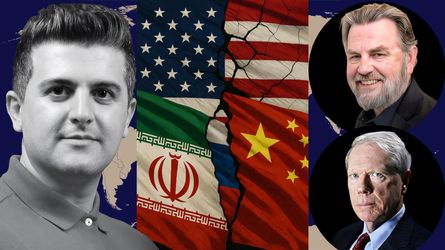
Larry C. Johnson & Paul Craig Roberts: Iran Gets TOUGH — Russia & China Team Up to CRUSH US Pressure
02:00:13|The interview explores deepening divisions within the MAGA movement over U.S. support for Israel, highlighting a generational shift rejecting unconditional backing. It critiques Israeli influence on U.S. policy, questions the Ukraine war's origins, and analyzes Russia-China alignment. The discussion also touches on declining Western power, media control, and the perceived failure of U.S. foreign policy.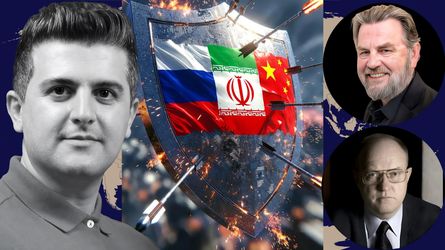
Larry C. Johnson & Col. Larry Wilkerson: Russia & Iran to Build a WAR SHIELD — China Just Stepped In
01:12:46|Deep critique of US foreign policy, highlighting perceived Zionist influence, military overreach in Venezuela/Iran, and the decline of American power. Warns of dangerous nuclear rhetoric, crumbling military readiness, and a global shift away from US dominance as Russia, China, and BRICS build alternatives.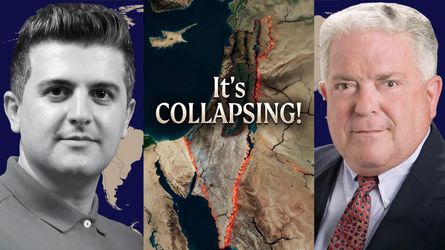
Amb. Chas Freeman: It’s COLLAPSING - Israel’s TOTAL DEFEAT Is Closer Than Ever!
01:02:18|A sharp analysis of New York's socialist mayor-elect, rising US political polarization, and the damaging impact of Israel-focused foreign policy. Explores global instability, US diplomatic decline, and the dangerous shift away from diplomacy toward militarism and chaos in Washington.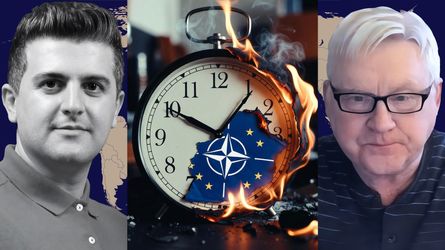
Andrei Martyanov: They Still Don’t Understand… NATO’s End Has Begun!
59:09|Discussion on NATO’s ammunition claims, U.S. nuclear rhetoric, and Russia’s advanced weapons like Poseidon and Burevestnik. Critique of Western military capabilities, Europe’s demilitarization, and geopolitical strategies in Central Asia and Ukraine. Highlights Russia’s technological edge, national unity, and the collapse of arms control.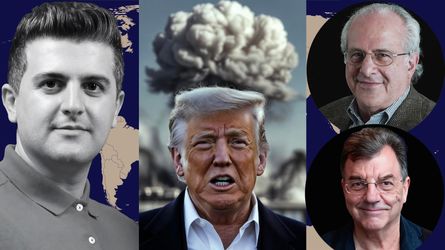
Richard D. Wolff & Michael Hudson: Trump’s Gamble Could Blow Up EVERYTHING
57:23|Historic NYC mayoral win sparks national debate: a socialist candidate, backed by youth and diverse voters, defeats massive billionaire opposition. The victory exposes deep divisions over oligarchy, Zionism, and the future of democracy, challenging both major parties and highlighting the power of grassroots movements against entrenched wealth and foreign policy.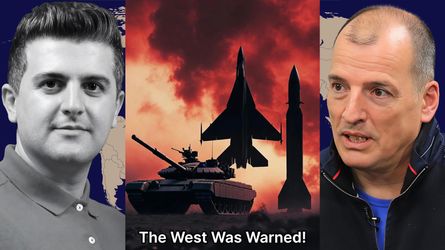
Alex Krainer: The World Just Changed: Iran, Russia & China’s Military Comeback STUNS the West!
57:16|The interview critiques globalist influence, questioning recent political shifts in the U.S. and Europe. It argues that chaotic rhetoric masks deeper strategic moves away from endless wars and Zionist dominance, pointing to potential realignments with Russia and China. The speaker contends that true change lies not in statements, but in actions like declining Ukraine guarantees and challenging Israel’s unchallenged status, urging Europeans to reject militarization and embrace Eurasian cooperation for peace and prosperity.
Matthew Hoh: Mamdani WINS -Ukraine’s War Reaches the Point of No Return - Israel, Gaza and West Bank
56:05|Discussion on Zohran Mamdani’s NYC election win, Trump’s shifting foreign policy, Dick Cheney’s legacy, Ukraine war dynamics, escalating Middle East tensions, and U.S. strategic moves in Latin America amid a multipolar world order.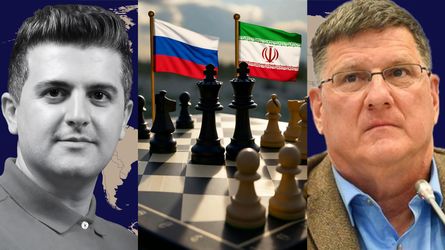
Scott Ritter: Russia & Iran Just Triggered It All!
58:49|Discussion on Zohran Mamdani’s NYC mayoral win, U.S.-Russia nuclear tensions, Trump’s chaotic foreign policy, Ukraine war realities, intelligence manipulation, Venezuela risks, and the unraveling of arms control amid great-power realignment.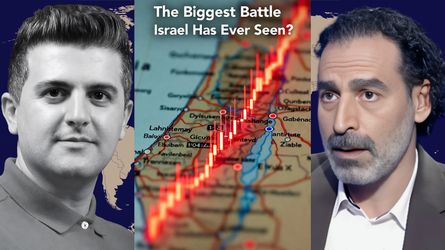
Laith Marouf: Hezbollah Ready for the Biggest Defensive Battle Israel Has Ever Seen
49:00|A critical analysis of Zohran Mamdani’s election as NYC mayor, cautioning against liberal co-optation and false hope. Discusses Lebanon’s resistance, Hezbollah’s strategic reorganization, Syria’s collapse, and the urgent need for global anti-imperialist solidarity—from Sudan to Venezuela. Warns that symbolic victories often de-radicalize movements while real liberation demands deeper systemic change.
